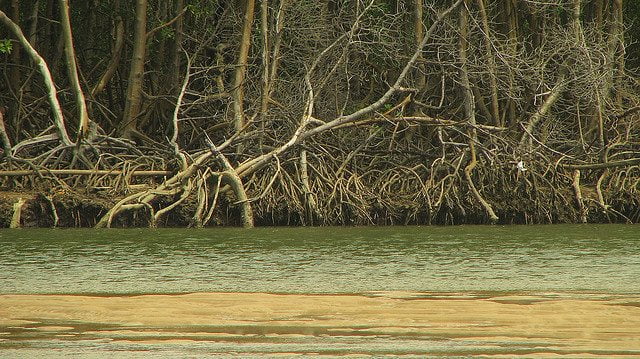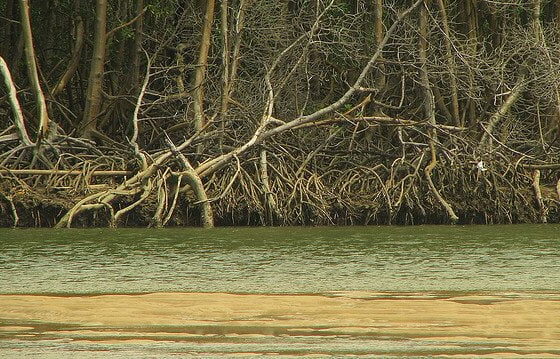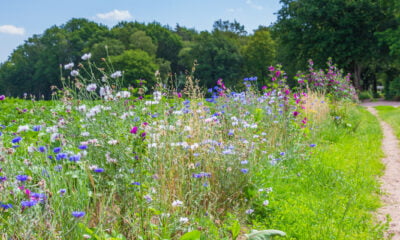

Environment
Brazil announces marine conservation move at UN conference in Korea
During the 12th UN conference of the parties (COP12) on the Convention on Biological Diversity, currently ongoing in South Korea, the Brazilian government has announced the creation of over 58,000 hectares of new marine protected areas.
Blue & Green Tomorrow is currently running a crowdfunder to ensure its survival. Please pledge.
The new protected zones would extend over the Amazon state of Pará, where the mangrove-rich environment makes the area a crucial biodiversity hotspot.
Talks are currently underway in the Convention on Biological Diversity in Pyeongchang, South Korea among UN members discussing progress on conservation measures.
Brazil, a country that often faces criticism over the high proportion of forests lost to the agriculture and timber sectors, has announced measure to protect over 58,000 hectares of marine reserves.
Roberto Cavalcanti, secretary for biodiversity in the Brazilian ministry of the environment said, “The northern coast of Brazil has one of the most extensive and well-preserved mangrove systems in the Americas – an essential resource both for the conservation of biodiversity and for the livelihoods of local human communities.
He added, “These new measures are an important contribution to Brazil’s fulfilment of Target 11 of the Aichi commitments, which requires 10% of marine and coastal areas to be conserved by means of protected areas, and which is one of the main agenda items at COP12”.
Saulo Ceolin, head of environment division at Brazilian ministry of external relations added, “As an emerging country and the most biodiverse country in the world, Brazil has many success stories about how to develop while conserving biodiversity, and how to use biodiversity as a source of social and economic development.”
The UN’s Convention on Biological Diversity published a damning report earlier this month, accusing governments of having failed to prevent the loss of species, habitat destruction, pollution and overfishing.
Photo: Alex Popovkin via flickr
Further reading:
Governments have failed to protect wildlife, UN biodiversity report finds
Worsening ocean acidification threatens humans and marine life, UK scientists warn
Scotland designates 30 new marine protected areas
Sustainable investment as a solution to the world’s ocean crisis


 Environment12 months ago
Environment12 months agoAre Polymer Banknotes: an Eco-Friendly Trend or a Groundswell?

 Features11 months ago
Features11 months agoEco-Friendly Cryptocurrencies: Sustainable Investment Choices

 Features12 months ago
Features12 months agoEco-Friendly Crypto Traders Must Find the Right Exchange

 Energy11 months ago
Energy11 months agoThe Growing Role of Solar Panels in Ireland’s Energy Future





























